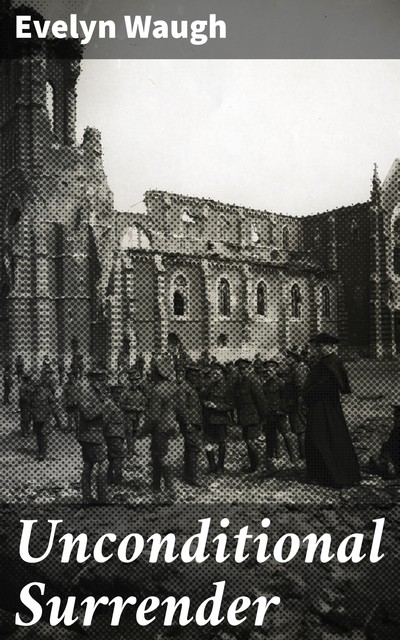Evelyn Waugh's “Unconditional Surrender” stands as a poignant narrative set against the backdrop of World War II, unveiling the complexities of human relationships and the absurdities of military life. Through his characteristic incisive wit and vivid prose, Waugh explores themes of love, duty, and disillusionment amidst the chaos of war. This installment of the Sword of Honour trilogy expertly combines satire and tragedy, reflecting the disarray of post-war British society while delving into the moral ambiguities faced by those serving in the armed forces. Waugh'Äôs literary style captures the fragmentation of experience during wartime, offering both humor and sorrow in equal measure. Evelyn Waugh (1903–1966), a prominent British novelist, was profoundly influenced by his own experiences during World War II. His service in the armed forces, coupled with his keen observations of society, provided fertile ground for his exploration of the absurdities and ironies of life during conflict. Waugh, renowned for his critical perspective on contemporary British aristocracy and culture, utilized “Unconditional Surrender” to articulate his disillusionment with war and its fallout on personal and collective identities. This masterful work is essential reading for those interested in the intersections of literature and history, particularly within the context of wartime narratives. Waugh'Äôs unparalleled ability to blend humor with existential reflection invites readers to engage deeply with the human condition, making “Unconditional Surrender” a compelling addition to any literary collection.


